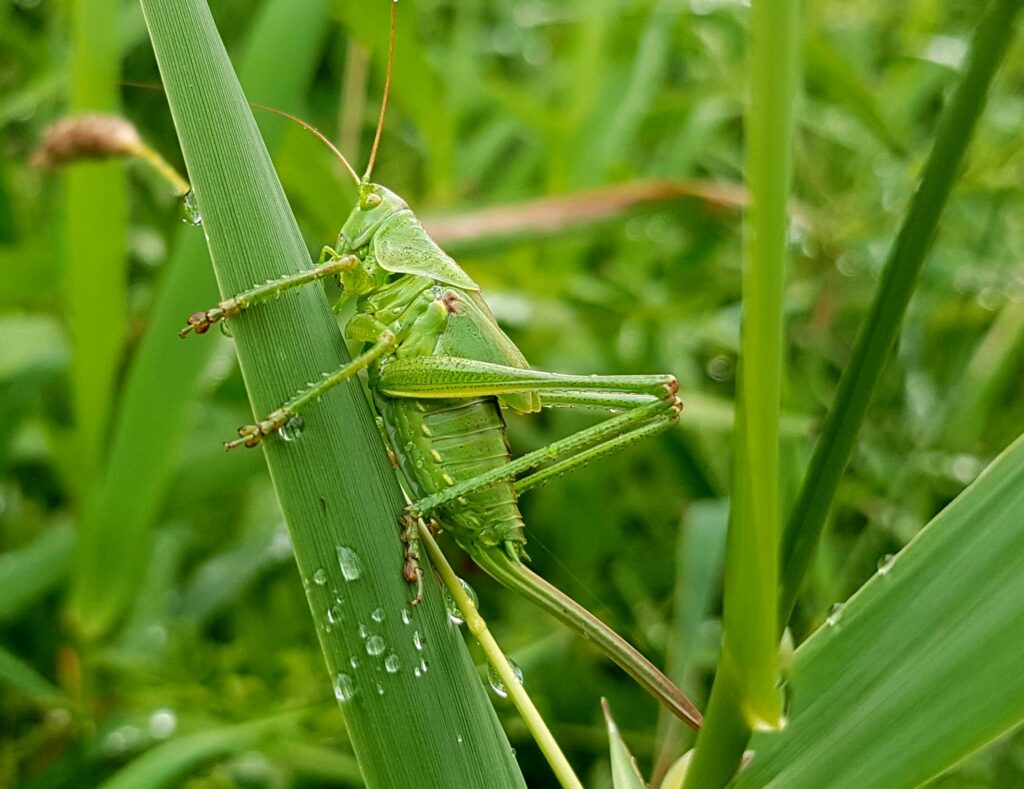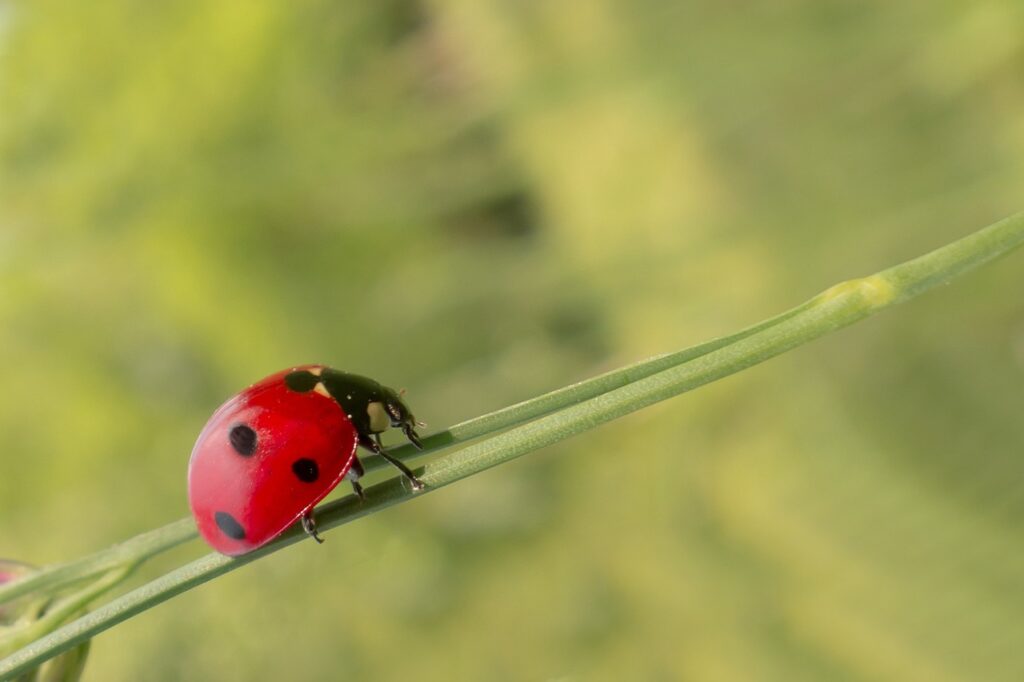Gardening can be a deeply rewarding endeavor, offering a connection to nature and a source of beauty and sustenance. However, every gardener knows the frustration of dealing with pests that threaten to devour the fruits of their labor. From pesky aphids to voracious slugs, managing garden pests requires a strategic approach that balances effectiveness with environmental responsibility. In this article, we will explore some effective strategies for managing garden pests, offering insights into organic methods, biological controls, and integrated pest management techniques.
Organic Pest Control Methods
One of the most popular and environmentally friendly approaches to managing garden pests is through organic methods. This involves using natural substances and techniques to deter or eliminate pests without relying on synthetic chemicals. One such method is companion planting, where certain plants are grown together to repel pests or attract beneficial insects. For example, planting marigolds alongside vegetables can help deter nematodes and repel other harmful insects due to their strong scent. Additionally, organic pesticides derived from natural sources such as neem oil, garlic, or chili pepper can be effective in controlling pests while minimizing harm to beneficial insects and the surrounding ecosystem.
Biological Controls
Another effective strategy for managing garden pests is through the use of biological controls, which harness the power of natural predators to keep pest populations in check. Ladybugs, lacewings, and parasitic wasps are just a few examples of beneficial insects that feed on common garden pests like aphids, caterpillars, and mites. Introducing these predators into the garden or creating habitats that attract them can help maintain a natural balance and reduce the need for chemical interventions. Additionally, microbial insecticides containing naturally occurring bacteria or fungi can be used to target specific pests while minimizing harm to other organisms.
Integrated Pest Management (IPM) Techniques
Integrated Pest Management (IPM) is a holistic approach to pest control that combines multiple strategies to effectively manage pests while minimizing environmental impact. This approach involves monitoring pest populations, identifying the underlying causes of infestations, and implementing a combination of cultural, biological, and chemical control methods as needed. For example, practicing good garden hygiene by removing weeds and debris can help reduce pest habitats, while introducing natural predators can provide long-term control. In cases where chemical intervention is necessary, selective pesticides with low toxicity to non-target organisms can be used as a last resort, taking care to follow label instructions and minimize environmental exposure.
Professional Pest Control Services
While many gardeners prefer to tackle pest problems themselves, sometimes the situation may require professional intervention. Pest control companies offer expertise, experience, and access to specialized tools and treatments that can effectively manage even the most stubborn infestations. When choosing a pest control service, it’s important to opt for companies that prioritize eco-friendly and humane practices. Many reputable pest control companies now offer organic and environmentally safe solutions, ensuring minimal impact on the surrounding ecosystem. Before hiring a pest control service, be sure to research their methods and read reviews from previous customers. You can find reliable pest control services at BrantfordPest.ca or any other reputable website. By enlisting the help of professionals when needed, gardeners can ensure the long-term health and vitality of their gardens while minimizing harm to the environment.
Natural Repellents and Barriers
In addition to organic pesticides and biological controls, gardeners can employ natural repellents and barriers to deter pests from their plants. Many common household items, such as garlic, vinegar, and soap, can be used to create homemade pest repellents. For example, a mixture of garlic and water sprayed on plants can deter aphids and other soft-bodied insects, while a solution of vinegar and water can help control fungal diseases. Furthermore, physical barriers such as row covers, netting, and diatomaceous earth can prevent pests from accessing vulnerable plants. These barriers not only protect plants from damage but also reduce the need for chemical interventions, promoting a healthier garden ecosystem overall.

Cultural Practices for Pest Prevention
Beyond specific pest control methods, implementing certain cultural practices can help prevent pest problems before they arise. Crop rotation, for example, involves planting different crops in the same area each season to disrupt pest life cycles and reduce soilborne diseases. Likewise, practicing proper watering and fertilization techniques can help strengthen plants’ natural defenses against pests and diseases. Additionally, choosing disease-resistant plant varieties and maintaining proper spacing between plants can help improve air circulation and reduce the risk of infestations. By incorporating these cultural practices into their gardening routine, gardeners can create an environment that is less hospitable to pests, resulting in healthier plants and fewer pest-related issues.
Managing garden pests requires a multifaceted approach that encompasses various strategies and techniques. From organic pest control methods to biological controls, natural repellents, and cultural practices, there are numerous options available to gardeners seeking to protect their plants from pests while minimizing environmental impact. By adopting a holistic approach to pest management and working in harmony with nature, gardeners can create thriving gardens that are resilient to pests and supportive of biodiversity. Whether tackling pest problems themselves or enlisting the help of professional pest control services, gardeners have the power to cultivate healthy, vibrant gardens that bring joy and abundance year after year.


